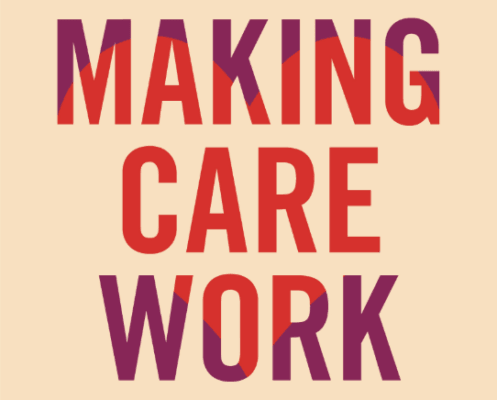3 Results

News: Recent UC Press Book Signings
Feb 09 2026
We're thrilled to announce a selection of our latest book signings!

Q&A with Cindy Nguyen, author of "Bibliotactics"
Jan 07 2026
Author Cindy Nguyen shares her journey of her process and reading culture in Vietnam.

Making Care Affordable is Key to Our Economic Future
Jan 02 2026
Author Nancy Folbre explains why no amount of economic growth is going to make care provision affordable—unless we commit to putting people first.